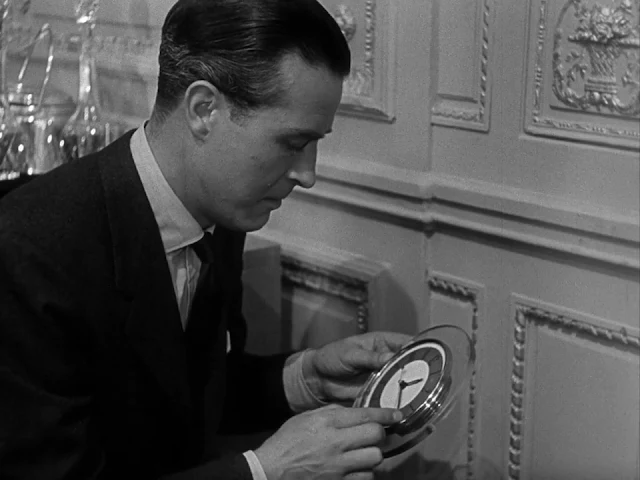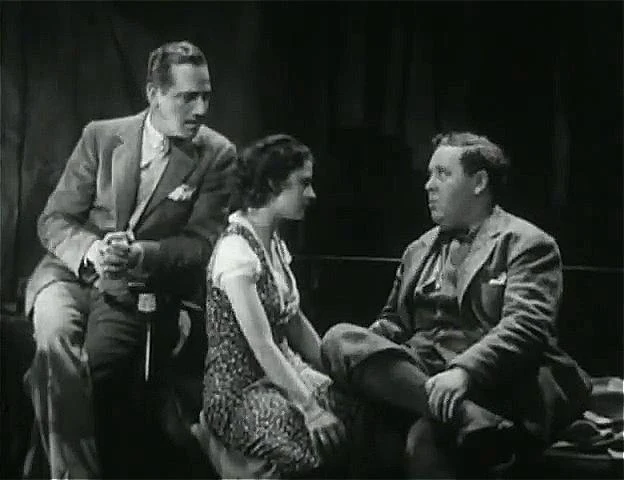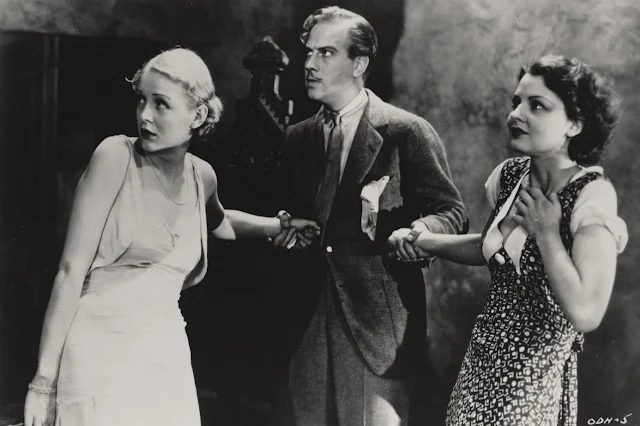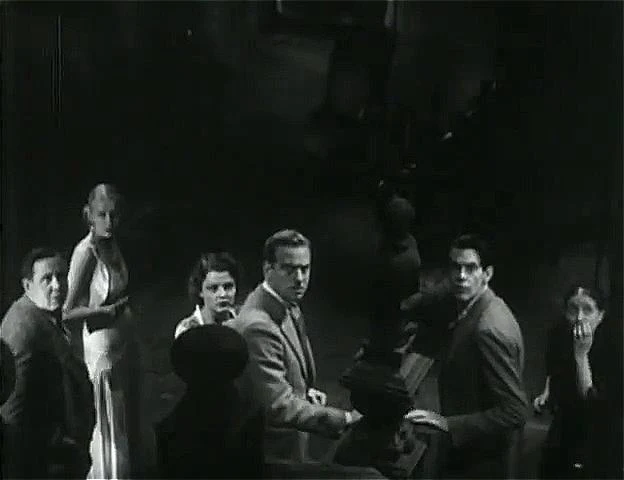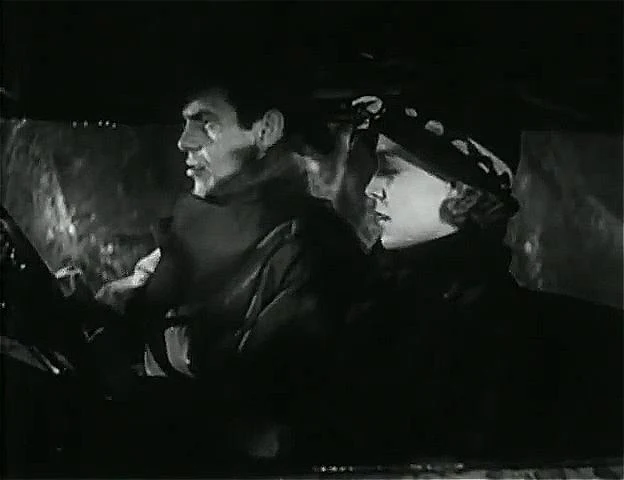 |
| Charles Laughton in Island of Lost Souls |
A blog formerly known as Bookishness / By Charles Matthews
"Dazzled by so many and such marvelous inventions, the people of Macondo ... became indignant over the living images that the prosperous merchant Bruno Crespi projected in the theater with the lion-head ticket windows, for a character who had died and was buried in one film and for whose misfortune tears had been shed would reappear alive and transformed into an Arab in the next one. The audience, who had paid two cents apiece to share the difficulties of the actors, would not tolerate that outlandish fraud and they broke up the seats. The mayor, at the urging of Bruno Crespi, explained in a proclamation that the cinema was a machine of illusions that did not merit the emotional outbursts of the audience. With that discouraging explanation many ... decided not to return to the movies, considering that they already had too many troubles of their own to weep over the acted-out misfortunes of imaginary beings."--Gabriel García Márquez, One Hundred Years of Solitude
Search This Blog
Showing posts with label Charles Laughton. Show all posts
Showing posts with label Charles Laughton. Show all posts
Thursday, December 17, 2020
Island of Lost Souls (Erle C. Kenton, 1932)
Thursday, June 25, 2020
Piccadilly (Ewald André Dupont, 1929)
 |
| Anna May Wong in Piccadilly |
I share the opinion of the contemporary reviewer of Piccadilly that Arnold Bennett's screenplay is more interesting than what its director, E.A. Dupont, made of it. Bennett was a major novelist who, like such contemporaries as John Galsworthy and H.G. Wells, fell from favor with the ascendance of modernist writers like James Joyce and Virginia Woolf. It was Woolf's riposte to Bennett, who had written an unfavorable review of her 1922 novel Jacob's Room, that severely damaged his standing among intellectuals. Her essay, "Mr. Bennett and Mrs. Brown" contained the much-quoted observation that "on or about December 1910 human character changed," Woolf's way of saying that an exhibition of Post-Impressionist art indicated a new way of approaching existence through the arts. Bennett's naturalistic fiction began to fall in critical esteem. It may simply be that Bennett was so prolific a writer, with more than 30 novels, scores of stories, a substantial number of plays, and hundreds of essays, that he simply spread himself too thin. But his script for Piccadilly shows his interest in marginalized characters, including the lowlife of Limehouse and the backstage competitiveness of the London theater. And most of all, it gave Anna May Wong one of her most prominent and interesting roles, that of a scullery maid named Shosho who becomes a night-club sensation, but falls victim to jealousy tinged with racism. Unfortunately, Dupont's direction is often a little sluggish, and his staging of Shosho's big dance scene doesn't make it clear why her finger-waving hoochie-koochie -- she's outfitted in a costume more Balinese than Chinese -- causes such a sensation. Still, the film benefits from atmospheric sets by Alfred Junge and cinematography by Werner Brandes. It's also full of watchable actors, including Gilda Gray, who rose to fame for her shimmy, as the dancer Shosho replaces in the interest of the audiences and of the club owner. We first see Gray's Mabel when she's teamed with Victor, played by Cyril Ritchard, in a dance duet modeled on Fred and Adele Astaire. Dupont seems more interested in shots of the audience than in the dancers, partly because the plot is set in motion by an unruly diner complaining about a dirty dish. The diner is played by Charles Laughton in his feature film debut. His complaint leads the club owner, Valentine Wilmot, played by Jameson Thomas, to discover that the dishwashers are goofing off and watching one of them, Shosho, dancing. Though he fires Shosho on the spot, he later takes her to his office where he watches her dance, which gives him the idea to give her a big number in the club. When she succeeds, and Mabel discovers that Valentine has fallen in love with Shosho, the plot, as they say, thickens. Although made as a silent film, Piccadilly was enough of a success that the producers decided to add some scenes with sound and a music score. TCM, however, shows a silent version with a score added in 2004 after the film was restored.
Wednesday, November 6, 2019
The Big Clock (John Farrow, 1948)
The Big Clock (John Farrow, 1948)
Cast: Ray Milland, Charles Laughton, Maureen O'Sullivan, George Macready, Rita Johnson, Elsa Lanchester, Harold Vermilyea, Dan Tobin, Harry Morgan. Screenplay: Jonathan Latimer, based on a novel by Kenneth Fearing. Cinematography: Daniel L. Fapp, John F. Seitz. Art direction: Roland Anderson, Hans Dreier, Albert Nozaki. Film editing: LeRoy Stone. Music: Victor Young.
The Big Clock is a satisfying blend of suspense and comedy of the kind often called "Hitchcockian," which usually means it would probably have been even better if Hitchcock had directed it. But since he didn't, it's worth admiring what director John Farrow and screenwriter Jonathan Latimer did with the material provided them by Kenneth Fearing's novel. Fearing had worked at Time magazine when Henry Luce was head of that publishing empire, so it's clear that he had Luce in mind when he created the imperious Earl Janoth, played with mustache-stroking glee by Charles Laughton in the film. So there's a substratum of satire on publishing moguls like Luce -- a breed that still exists in our day, embodied by Rupert Murdoch. (And still attracts satire, viz., HBO's Succession.) The plot centers on another Hitchcockian trope, the Wrong Man. In this case, the object of suspicion is George Stroud, editor of one of Janoth's properties, a true crime magazine called Crimeways. Ray Milland plays Stroud, a hard-charging journalist who feels trapped in Janoth's empire. Eventually, through a well-set-up series of coincidences, Stroud finds himself investigating a murder in which he becomes the chief suspect, even though it was actually committed by no less than Janoth. There are domestic complications, too, involving Stroud's wife, a thankless role nicely played by Maureen O'Sullivan. The victim is Janoth's mistress, with whom Stroud has become involved because she suggests she has dirt on Janoth that Stroud can use to his advantage. The film handles all of these plot snarls with finesse, one of the rare instances in which knowing whodunit from the outset doesn't detract from the suspense. Censorship blunts some of the edges: In the novel, Stroud's marriage was less happy and his involvement with the victim more intimate. Janoth's bisexuality was also more explicit in the source -- in the film it's suggested when we see Janoth receiving a massage from his bodyguard, played silently by Harry Morgan, who remains a brooding presence in the background of other scenes. The film is enlivened by a gallery of mostly comic secondary characters, including Elsa Lanchester as a giddy artist whose works Stroud for some reason collects.
Monday, October 28, 2019
The Old Dark House (James Whale, 1932)
The Old Dark House (James Whale, 1932)
Cast: Raymond Massey, Gloria Stuart, Melvyn Douglas, Boris Karloff, Ernest Thesinger, Eva Moore, Charles Laughton, Lilian Bond, Elspeth Dudgeon, Brember Wills. Screenplay: Benn W. Levy, based on a novel by J.B. Priestley. Cinematography: Arthur Edeson. Art direction: Charles D. Hall. Film editing: Clarence Kolster.
The title itself has an air of gleefully giving away what you're about to see. It's an old dark house and it's the only refuge from a storm that has Philip and Margaret Waverton (Raymond Massey and Gloria Stuart) and their friend Penderel (a slightly pudgy Melvyn Douglas) seeking shelter for the night. And when the disfigured butler Morgan (Boris Karloff, who else?) answers the door, you settle in for an evening of mostly tongue-in-cheek scary moments. The travelers are reluctantly invited in by Horace Femm (Ernest Thesiger) and his sister, Rebecca (Eva Moore), and just as reluctantly given dinner. Their meal of roast beef and potatoes -- the line "Have a potato" has never been funnier -- is interrupted by another pair of shelter seekers, Sir William Porterhouse (Charles Laughton) and his companion Gladys (Lilian Bond). They're an odd couple but not a spooky one: He's an uncouth industrialist who earned his knighthood and she's a chorus girl. But she's not his mistress, she explains to Penderel as the two of them start to hit it off together. She and Porterhouse just like one another's company, she says, and he likes to appear "gay" -- in the older meaning of the word, though you can be sure that director James Whale knew the current meaning, since he and Laughton and Thesinger were. There's also a centenarian in the attic and a madman in a locked room, and of course the lights go out and everyone finds themselves in some kind of peril. The Old Dark House was thought to be lost for a long time, but it was discovered and restored, for which we all should be glad.
Subscribe to:
Comments (Atom)














